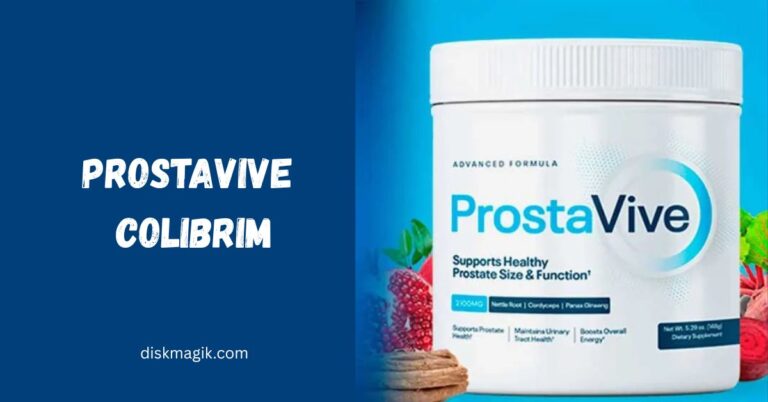Fenugreek (Foenegriek): Health Benefits, Uses, Nutrition, and Side Effects

Fenugreek, also called Foenegriek in Dutch, is a herb that has been used for thousands of years. Both its seeds and leaves are used in food, medicine, and even beauty care. People like fenugreek because it can help with digestion, balance blood sugar, support women’s health, and even improve energy in men. It has a strong taste and smell but is full of goodness for the body.
History and Cultural Significance
Fenugreek has a very old history. Ancient Egyptians used it for medicine and even in burial practices. The Greeks and Romans used it for stomach and breathing problems. In India, it became a main part of Ayurvedic medicine and daily cooking. Over time, fenugreek spread across the world, and today it is loved for its health benefits and flavor in many cultures.
Botanical Profile of Fenugreek
Fenugreek (Trigonella foenum-graecum) is a small green plant that grows about 2–3 feet tall. Its leaves are light green and shaped like clovers. The plant produces pods filled with tiny golden-brown seeds. These seeds are the most common part used, but the fresh leaves, called methi, are also eaten in many dishes. Both the seeds and leaves are packed with nutrients.
Nutritional Value of Fenugreek
Fenugreek is rich in important nutrients. Its seeds contain iron, magnesium, potassium, calcium, and vitamin B6. Iron helps keep blood healthy, magnesium supports the heart, and potassium helps control blood pressure. Fenugreek is also high in fiber, which is good for digestion, and protein, which helps build strength. Because of this, it is often called a natural superfood.
Health Benefits of Fenugreek
Fenugreek has many benefits for the body. It can help with stomach problems like constipation and acidity. The fiber in fenugreek slows down the way sugar is absorbed, which helps keep blood sugar steady. It can also lower bad cholesterol and protect the heart. Many people use fenugreek for weight loss because it makes them feel full and reduces hunger.
Fenugreek for Women
Fenugreek is very helpful for women. New mothers often take fenugreek tea or capsules to increase breast milk naturally. It can also reduce pain during periods and help balance hormones. Women going through menopause use fenugreek to manage hot flashes, mood swings, and tiredness. For these reasons, fenugreek is often called a natural friend for women’s health.
Fenugreek for Men
Men can also benefit from fenugreek. Studies show that it can help increase testosterone, which boosts energy and stamina. It may improve fertility by making sperm healthier. Athletes and men who work out use fenugreek to build muscle and recover faster after exercise. This makes it popular as a natural supplement for men’s strength and vitality.
Fenugreek in Traditional Medicine
Fenugreek has been used in traditional medicine for centuries. In Ayurveda, it is known for improving digestion and increasing energy. In Chinese medicine, it is used for kidney health and reproductive health. In Middle Eastern countries, fenugreek tea is a common home remedy for colds, coughs, and fever. These traditions show how trusted fenugreek has always been.
Fenugreek in Modern Medicine and Research
Modern science also supports many of fenugreek’s traditional uses. Studies show that fenugreek can lower blood sugar, improve cholesterol, and support breastfeeding mothers. Doctors are also studying it for weight control and hormone balance. Today, fenugreek is used in many supplements, teas, and extracts for natural health care.
Culinary Uses of Fenugreek
Fenugreek is an important spice in cooking. In Indian food, it is used in curries, dals, breads, and pickles. In the Middle East and Mediterranean regions, it is used in spice blends and stews. The seeds can taste a little bitter, but roasting them first makes the flavor sweeter and nutty. The leaves add a fresh, earthy taste to many dishes.
Forms of Fenugreek Supplements
Fenugreek comes in many forms:
- Seeds: Whole seeds are soaked and eaten or used in cooking.
- Powder: Easy to add to food or drinks.
- Capsules and extracts: Convenient for daily use.
- Tea: Good for digestion and breastfeeding mothers.
- Oil: Used in hair and skincare.
This variety makes it simple for people to use fenugreek in their daily lives.
How to Use Fenugreek Safely
Fenugreek should be taken in the right amount for the best results. Most people take 2–5 grams of seeds daily or 500–600 mg of supplements. It is better to take fenugreek with meals to avoid stomach problems. Pregnant women should not use fenugreek without a doctor’s advice because it may cause contractions. Always ask a healthcare provider if you are taking medicines.
Side Effects of Fenugreek
Fenugreek is safe for most people but can have some side effects. Eating too much may cause gas, bloating, or diarrhea. Some people may be allergic to it, especially if they are sensitive to legumes. Fenugreek can also affect blood sugar and blood-thinning medicines, so people on medication should be careful. Taking the right dose keeps it safe and effective.
Buying and Storing Fenugreek
When buying fenugreek, always choose organic products to avoid chemicals. Seeds should be kept in an airtight container, away from light and moisture, to stay fresh. Supplements should be bought from trusted brands that test for purity. Proper storage keeps fenugreek flavorful and healthy for a long time.
Conclusion
Fenugreek (Foenegriek) is a simple plant with powerful health benefits. From ancient times to today, it has been used as food and medicine. It supports digestion, blood sugar control, heart health, women’s health, and men’s strength. It is easy to use in cooking, tea, or supplements. While it should be used with care, fenugreek remains one of the best natural remedies for overall health.
FAQs
1. Can fenugreek help with weight loss?
Yes, fenugreek can help reduce hunger and make you feel full, which supports weight loss.
2. Is fenugreek good for diabetes?
Yes, it helps lower blood sugar and improves how the body uses insulin.
3. Can fenugreek improve hair health?
Yes, fenugreek oil and paste are used to reduce hair fall and promote growth.
4. How can I take fenugreek every day?
You can soak the seeds overnight, drink fenugreek tea, or take capsules.
5. Is fenugreek safe during pregnancy?
It is best to avoid it unless a doctor says it is safe, as it may cause contractions.






